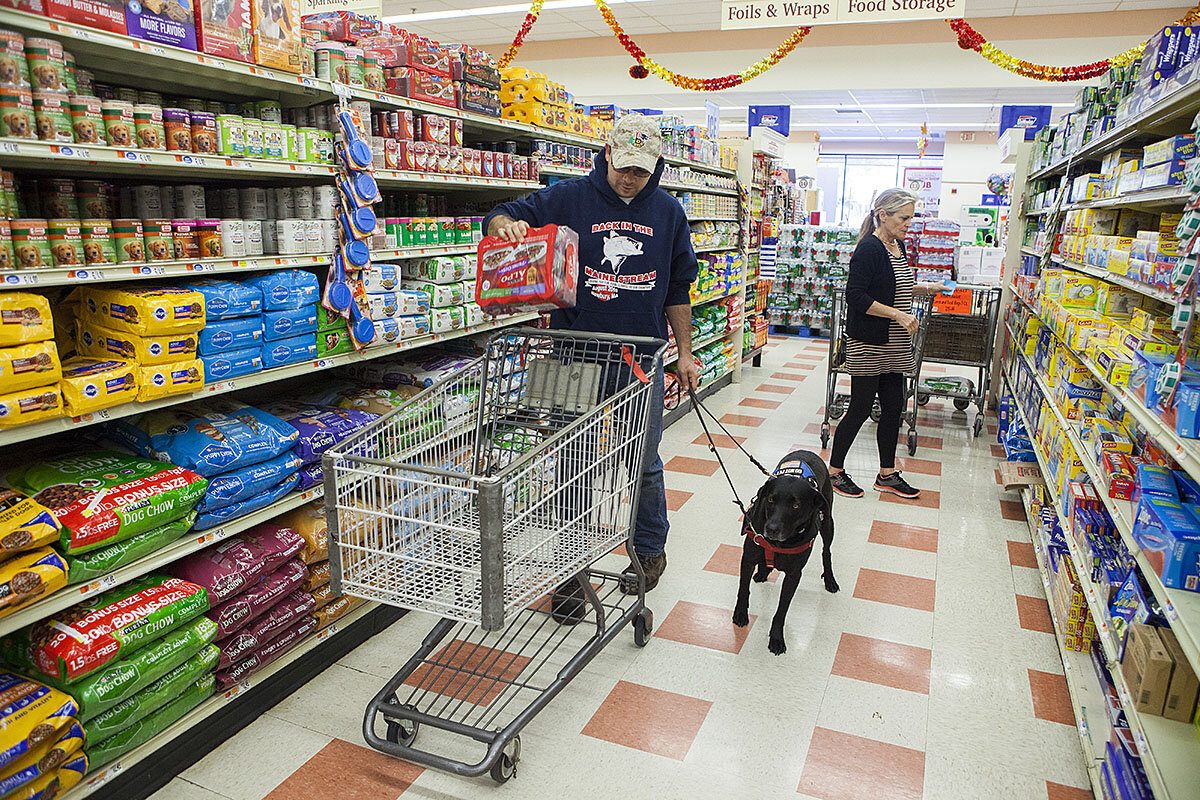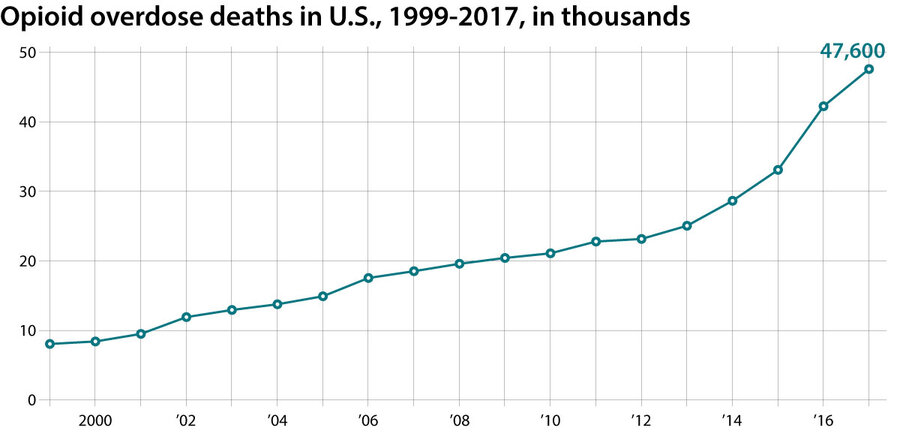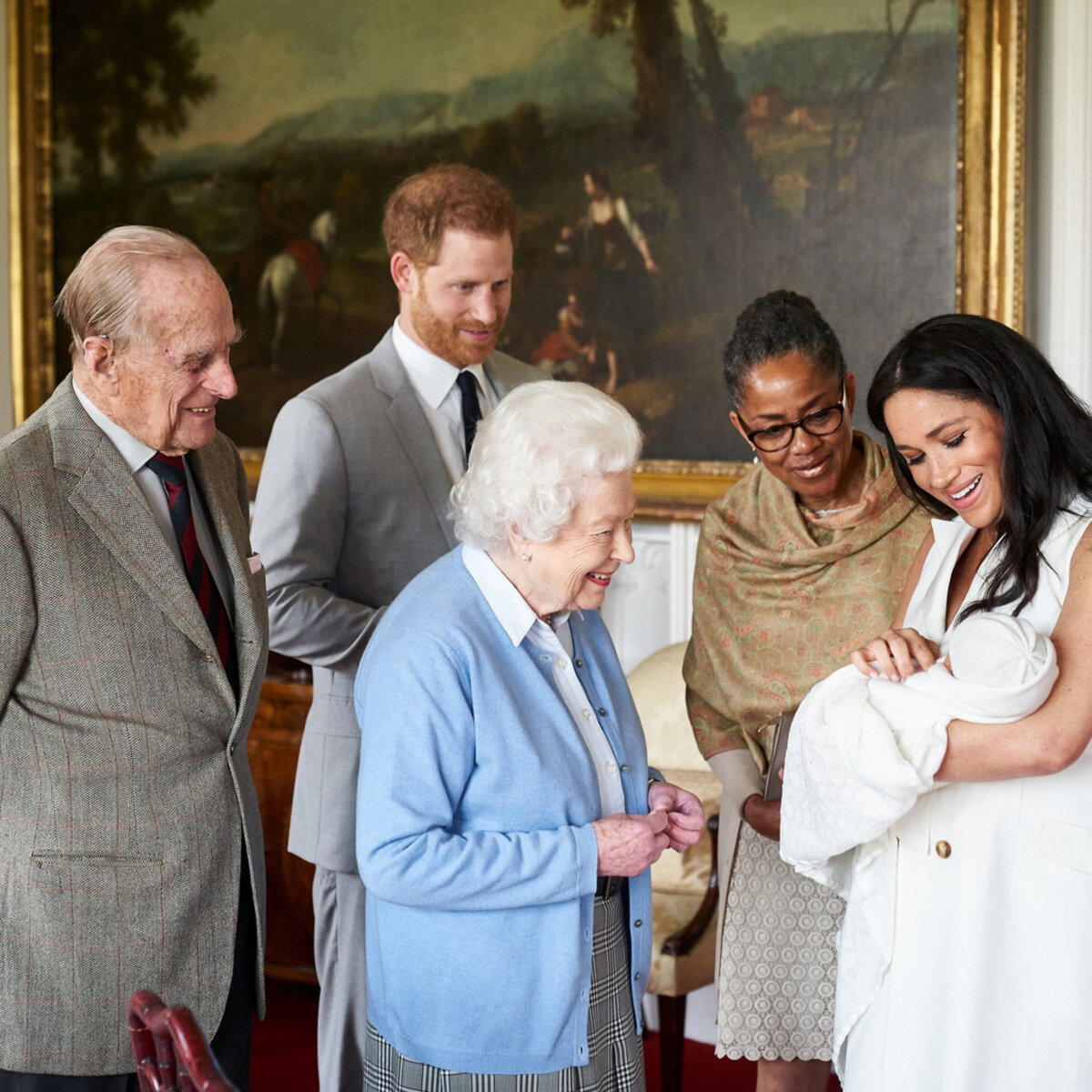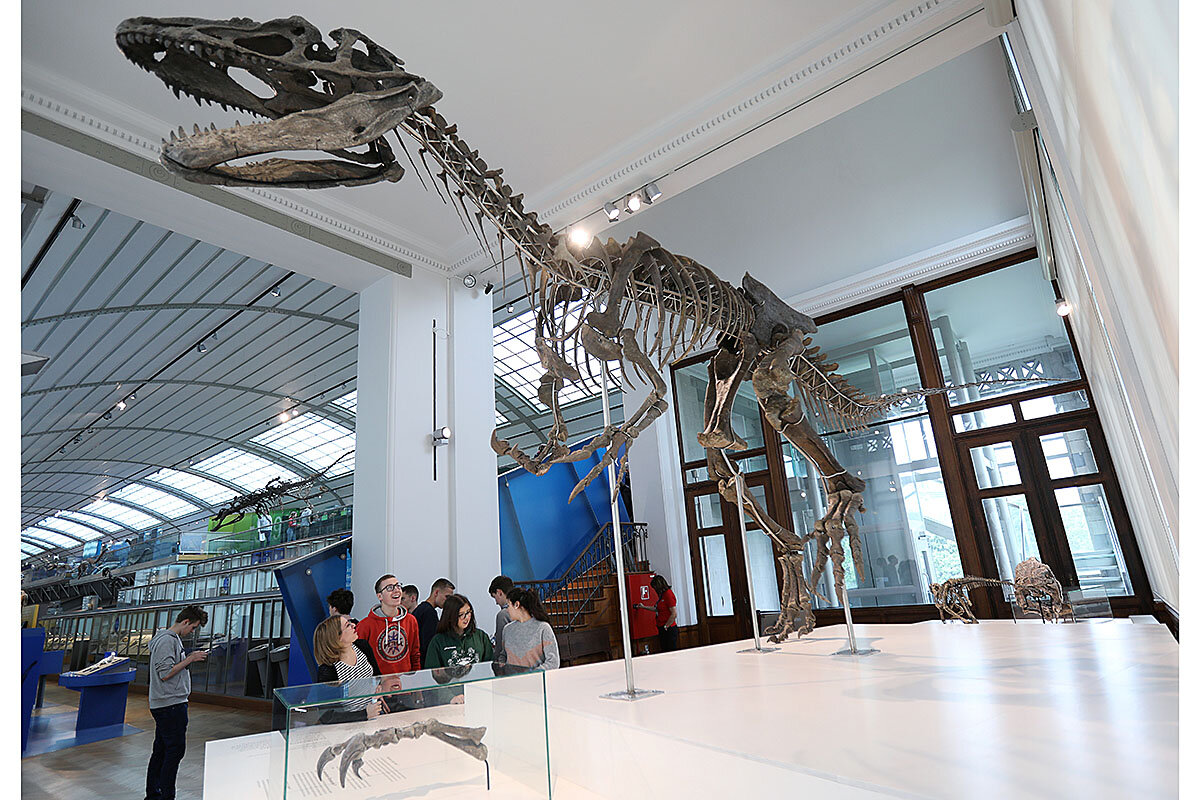Fears of a U.S.-China trade war have triggered shudders in financial markets. But the current impasse also exposes a deeper technology rivalry between two nations that are at once interconnected and in competition with each other.
Monitor Daily Podcast
- Follow us:
- Apple Podcasts
- Spotify
- RSS Feed
- Download
 Laurent Belsie
Laurent Belsie
My local bike store – Frank’s Spoke ‘N Wheel in Waltham, Massachusetts – is gearing up for another strong spring season, but there’s a fly in the ointment. Tariffs. At a minute past midnight tonight, the Trump administration is set to raise the tariffs on Chinese bikes from 10% to 25%, barring some last-minute breakthrough. Since 90% of the bikes sold at Frank’s come from China, that means prices are likely to go up.
“I’m realistic,” says owner Frank Spinoza. “It affects everybody, so if you are going to buy a bike, you’re going to be subject to this. [But] the companies figure out a way to roll it in without affecting everything.”
Companies will raise prices on some items; swallow the cost increase themselves on others. Since it’s the season for new models, it will be hard to make an apples-to-apples comparison on many bikes.
All this adds up as an extra tax on U.S. consumers, but it also pressures China to come to terms or risk losing a big chunk of the U.S. bike manufacturing business. Kent International – a U.S. bike importer and distributor – said its Chinese business partners had plans to build a huge factory in Cambodia to avoid the tariffs. Those plans were put on hold when it looked like the U.S. and China were nearing a deal.
Now, who knows? Trek – a big seller at Frank’s – had similar plans.
The point is that trade weaves through our lives in often unseen ways, and the freer it is, the better off we all are. But it also has to be fair.
Our top story today takes a close look at how President Donald Trump and Congress differ on how to make Chinese trade fairer and what can be done to reconcile those differences. Other stories examine what justice should look like in the opioid crisis, the surprisingly healthy recovery rate of PTSD veterans, and what it’s like to kick a ball around with Mia Hamm and other U.S. soccer stars.











